In fifth grade my class read Tuck Everlasting, by Natalie Babbitt, the story of a ten- year-old girl who stumbles on a family of immortals, the Tucks, who impress upon her that eternal life is unnatural and actually a curse. The novel had a profound effect on me. I became obsessed with the book and with the relationship of life to death.
One passage in particular has haunted me for decades. “You can’t have living without dying. So you can’t call it living, what we got,” the patriarch, Angus Tuck, says. “We just are, we just be, like rocks beside the road.”
I’ve been thinking about this book a lot since I became aware of the tech entrepreneur Bryan Johnson. He exploded into the zeitgeist after a January 2023 Bloomberg article that detailed his health practices and his obsessive quest to reverse his biological age. It was when he started documenting his insane diet, his workout routine and other eccentric practices, such as exchanging plasma with his son and measuring his erections, that he achieved true immortality — he became a meme.
All of this culminated in a Netflix documentary, Don’t Die: The Man Who Wants to Live Forever, that details his journey and his project, “Blueprint,” a tech-driven initiative aimed at redefining human longevity and health, both at the individual and societal levels.
Johnson has a strict daily routine: he wakes at 5 a.m. and begins with a supplement-packed smoothie and sixty to ninety minutes of exercise. He follows a strict vegan diet of 1,977 calories a day (who measures this stuff?) and his last meal is at noon. Johnson takes over a hundred supplements daily to support the health of various organs. Sleep is meticulously managed — he aims for a “perfect” eight and a half hours.
I’ve met Bryan. He was a keynote speaker at Hereticon, a 2019 conference organized by Peter Thiel’s Founders Fund and described as a “conference for thought-crime.” I did some MC’ing, joking that it was an “event that feels like it’s going to end with someone taking me to a private island and hunting me for sport.”
Although it’s tough cracking jokes for a roomful of Patagonia-wearing autists, I was given free rein to lightly roast the speakers. It was my job to introduce Bryan for his talk.
“Only someone rich would want to live forever,” I joked. “No one poor is like, ‘how can I extend this eternally?’ This is the most rich-guy shit ever,” I continued. “He isn’t trying to solve homelessness or help vets — Bryan is like, ‘How can I make my dick eighteen years old again?’”
To Bryan’s credit, he not only invited the jabs but took them like a champ —which is more than I can say for most men in the tech space, who are incredibly thin-skinned (whereas Bryan only looks thin-skinned — vampiric almost).
You see, Bryan is in on the joke. He knows he’s a parody and he’s leaning into it. He renamed his $30 Extra Virgin Olive Oil “Snake Oil,” because he understands what his critics say about him. He’s not a self-obsessed, narcissistic mentally ill man starting a transhumanist cult — he’s a self-aware influencer just trying to elevate humanity through conquering death by injecting himself with his son’s blood.
When he walked into the Hereticon Ball — the dress code was “Black Tie or Apocalypse” and the whole event had a Hunger Games meets Eyes Wide Shut vibe — he recognized me and smiled. Although his physical looks are off-putting, he’s sweet and charming in a way that made me feel like he wanted to wear me as a skin suit.
“Did they put the food away?” he asked. I thought I sensed a slight feeling of panic.
“Is it hard for you to be around food?” I said.
“No, they just said the food was going to be done at ten.”
“Isn’t it past your bedtime?” I joked.
“I took a two-hour nap so I can still achieve my perfect sleep,” he explained, deadly serious.
As he was putting his fancy earplugs in I said, “You make me want to do heroin again.”
“It’s so loud in here, it can damage your ears!” he said, showing me his app that measures the noise pollution and decibels of whatever environment he’s in.
It was loud. And it did hurt my ears. That’s the thing about Bryan: a lot of what he says about the way we live — our sleep, our air quality, our food — isn’t wrong. Humans are self-destructive and we regularly make bad choices that undermine our health. Pointing that out makes people defensive. There is a “crabs in a bucket” reaction to Bryan’s lifestyle that is very real — however, his lifestyle is unrealistic.
In fact, it’s anti-life.
In 2015 I sat next to my dear friend Hani, who was dying of cancer. He was only sixty-three — but boy had he lived. He traveled the world. He spoke multiple languages. He had trained as an artist in Paris. He ate whatever he wanted and he smoked like a chimney.
As he was dying, I held his hand and said, “Don’t worry, Hani, you’ll get out of here.”
He wagged his finger at me. “All things pass… all things pass.”
Change is the only certainty. Mortality is part of what makes life meaningful. There’s a difference between living and existing — and life without death is existence. So is life without French fries.
This article was originally published in The Spectator’s February 2025 World edition.



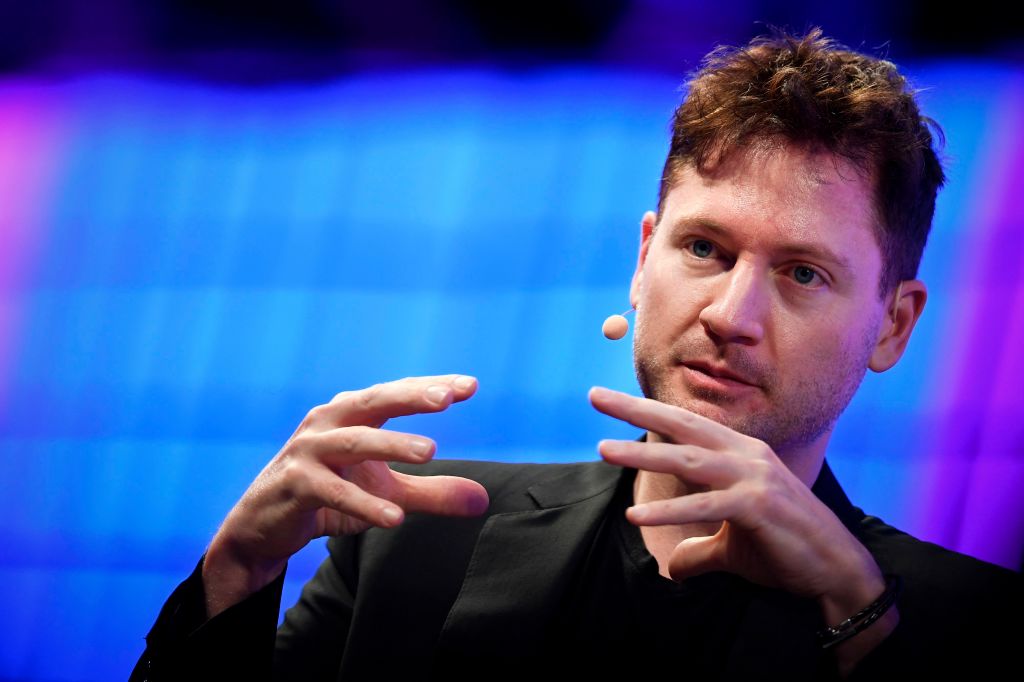






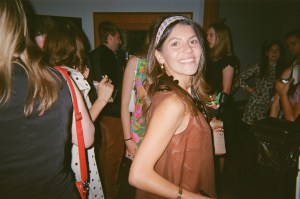



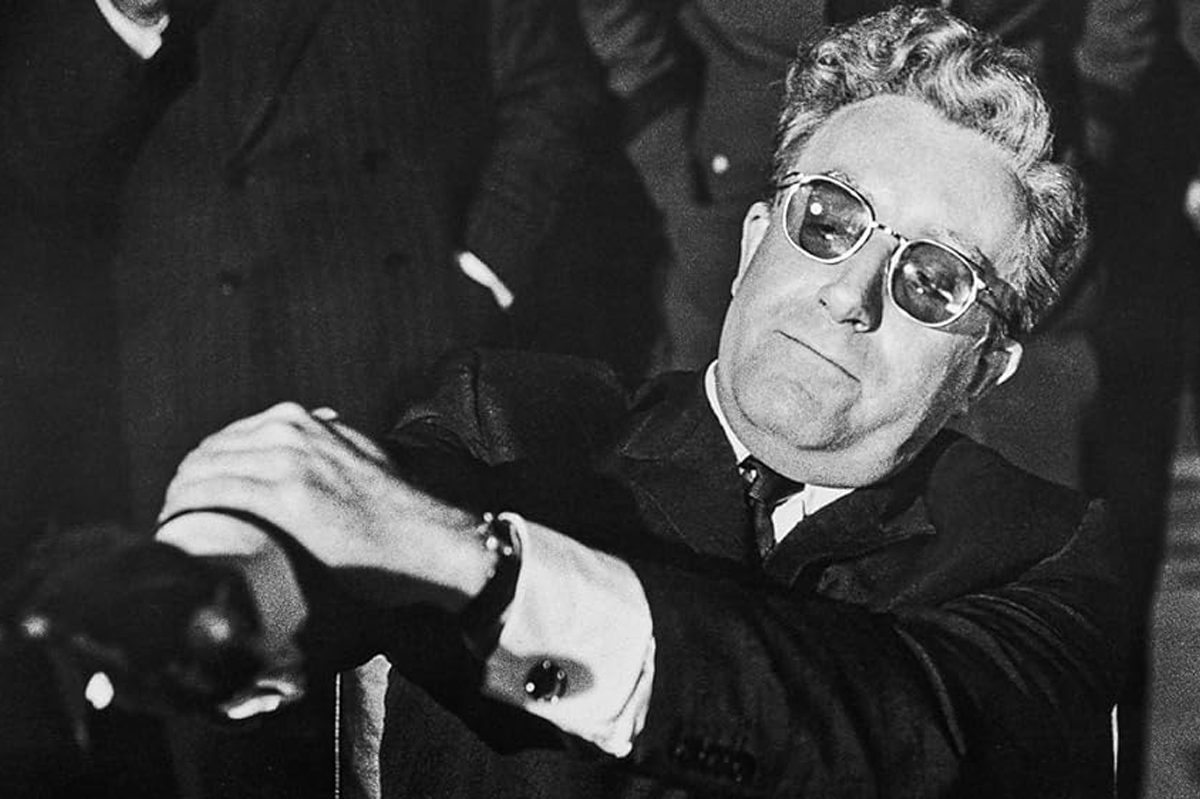
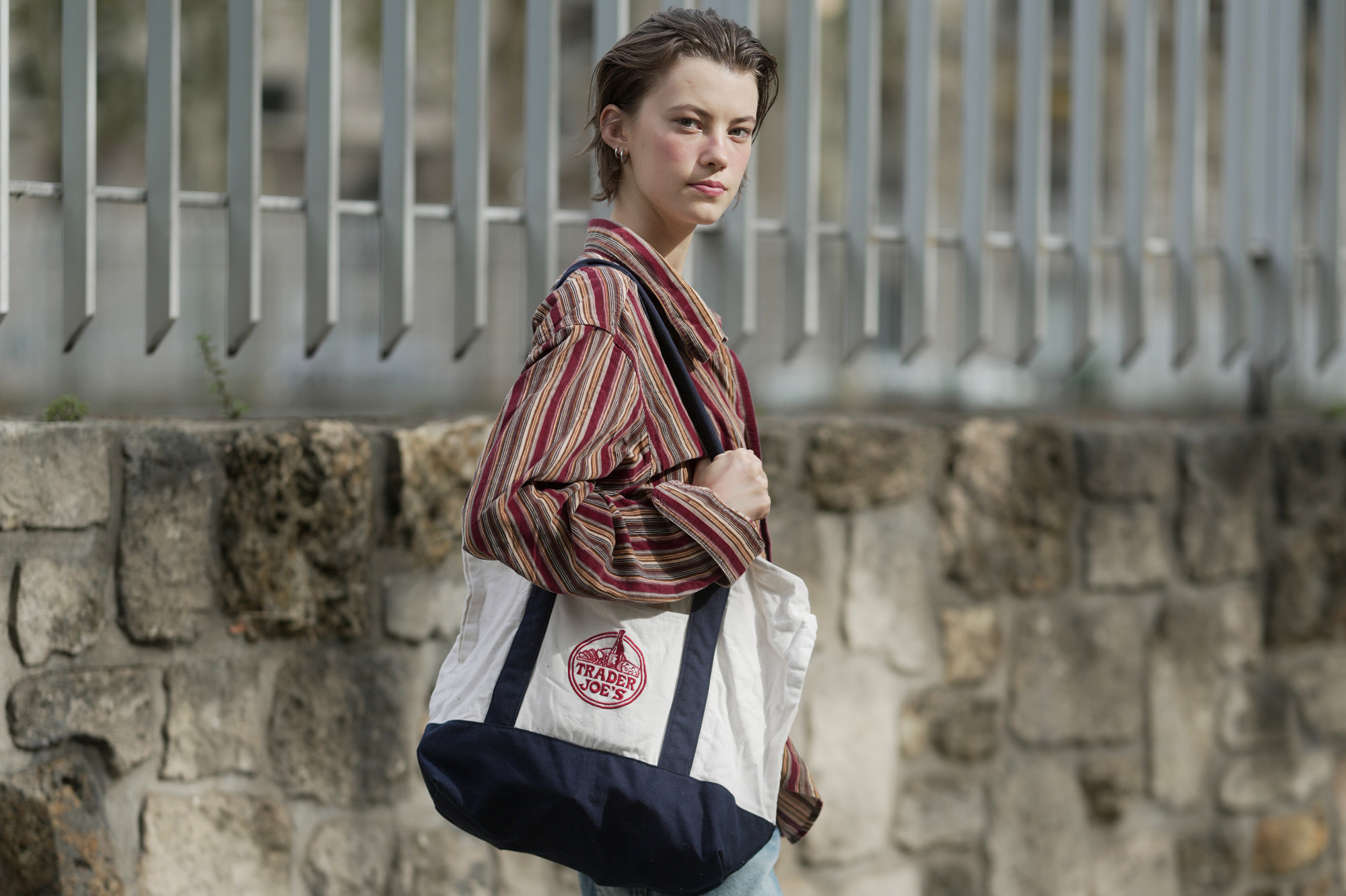

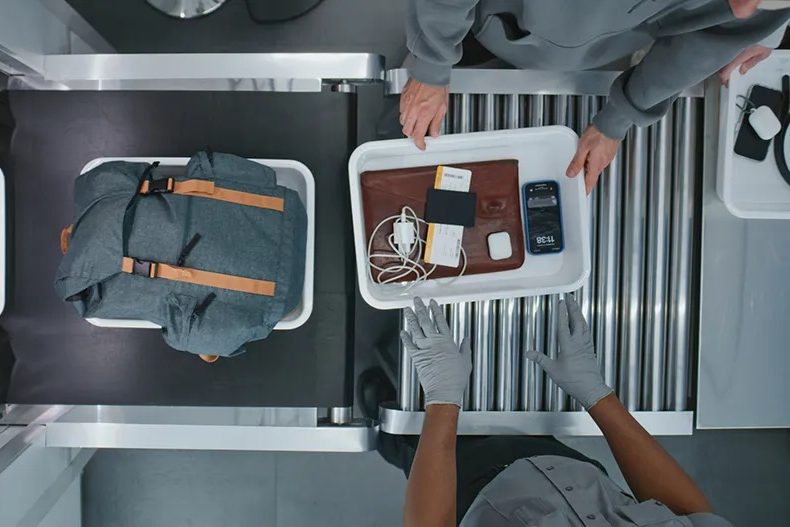








Leave a Reply